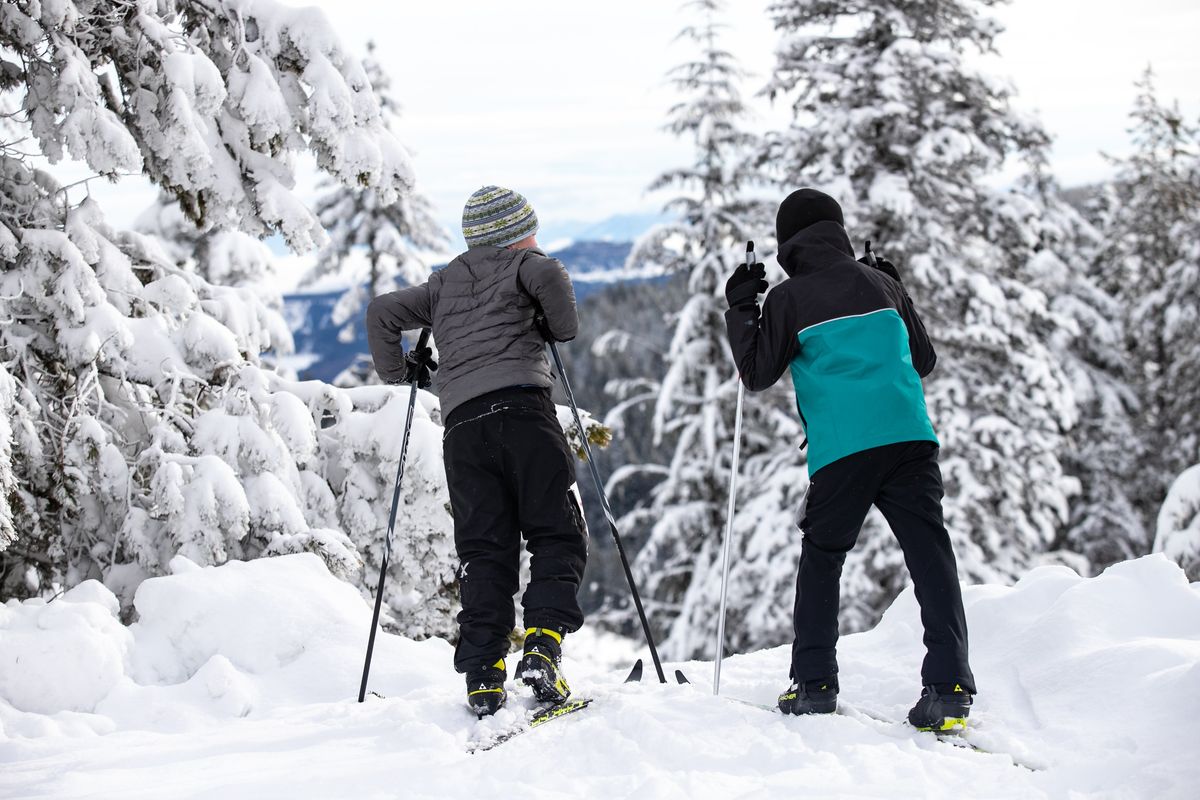Climate still top of mind for legislators this upcoming session

OLYMPIA – One year after two big climate bills – cap-and-trade and low carbon fuels – passed during the final hours of the legislative session, the fight over climate policy is far from over.
When the upcoming 60-day session begins Jan. 10, lawmakers plan to continue work on those and other new bills to fight the changing climate.
“(Climate change) is a big enough problem that it’s going to be year after year after year of hard work,” said. Seattle Democrat Rep. Joe Fitzgibbon, who chairs the House environment and energy committee.
Part of that will be implementation of the cap-and-trade plan passed last session.
The Climate Commitment Act, or better known as the “cap-and-trade” proposal that passed the Legislature last session, puts a cap on emissions for the largest polluters in the state. Those companies would have to clean up their work to meet the cap by 2023 or would be required to purchase allowances from the state.
The state would keep the revenue from those allowances to further reduce greenhouse gas emissions and programs to help those disproportionately affected by climate change, including people of color and low-income earners, according to the bill.
“We still have several pieces of follow up work to get ready for compliance,” Fitzgibbon said.
One of those pieces is the tribal consultation piece. When signing it into law, Gov. Jay Inslee vetoed a section of the bill that would require tribal consultation before new climate projects start. He said he vetoed it because it differed from the state’s current “government-to-government approach” and doesn’t properly recognize the mutual, sovereign relationship between tribal governments and the state.
This session, Inslee proposes new legislation that would lay out the tribal consultation process, including protecting sacred sites and engaging in mediation between governors and tribal leaders.
Another part of implementation is how to spend the revenue the plan generates – something lawmakers will likely disagree on.
Republicans earlier this month released a plan that focuses on outdoor recreation, including making state parks free, and climate adaptation.
“If we want to get the biggest bang for our buck, we need to help improve the survivability of the state and protect people from floods and droughts,” Rep. Mary Dye, R-Pomeroy, said.
Republicans opposed the cap-and-trade plan when it passed last year. Now, Republicans, led by Dye, are pushing for a plan to spend some of the revenue.
Dye told The Spokesman-Review the money from the cap-and-trade plan shouldn’t go strictly toward emissions reductions because the cap-and-trade program already reduces emissions by charging top polluters.
“There’s a better way to spend that money more responsibly,” Dye said.
The Republican plan focuses on two main areas: outdoor recreation and climate adaptation.
On the outdoor recreation side, it would invest part of the cap-and-trade money into state parks maintenance and eliminate the $30 Discover Pass.
“Washingtonians deserve to have access to their environment,” she said.
For climate adaptation, it would invest funds into forest health, drought resilience, flood risk mitigation and Puget Sound recovery.
Democrats, on the other hand, plan to put the money toward reducing greenhouse gases, but a full plan likely won’t come this session, Fitzgibbon said.
Because the money doesn’t come in before 2023, Fitzgibbon, who chairs the House environment and energy committee, said he doesn’t want to plan to spend the money until he knows how much will come in.
One key stipulation of the cap-and-trade funding is that it has to go toward communities disproportionately affected by climate change. Dye said Republicans’ plan does that by “focusing on the areas of the state that lack access,” specifically by working on state parks.
By making state parks free, improving maintenance of current parks and creating new ones, Dye said their plan would improve access to state parks for everyone, especially those who may not currently have access.
The Legislature will also likely take up Inslee’s climate proposals that he announced last week. In addition to implementation of plans passed last session, his proposals focus on making buildings and construction cleaner.
Inslee’s proposed $626 million climate package includes a rebate for those who purchase electric vehicles, making new construction “net-zero ready” beginning in 2034 and requiring gas utilities to submit decarbonization plans.
“We have made progress, but we have not made enough progress,” Inslee said last week.
Dye criticized Inslee’s climate proposals last week. She called Inslee’s proposals “very disappointing,” claiming his plan did nothing to reduce wildfires, prevent flooding and clean up the Puget Sound.
Inslee in an interview with The Spokesman-Review said Republicans’ plan with the cap-and-trade money does nothing to stop greenhouse gas emissions, which is what that money should go toward.
While he would love state parks to be free, Inslee said it is the “tiniest crumb” of what the state needs to do to fight climate change.
Additionally, the Legislature is suing Inslee for the second time over vetoes he did in the low carbon fuel standard that passed last session.
The plan requires fuel companies to start reducing their emissions a little each year in order to hit a statewide goal of emissions 20% below 2017 levels by 2038. Fuel companies that can’t clean their fuels are required to purchase “credits” to make up for emissions that go above the allowed amount.
Inslee signed it into law but vetoed a line of the bill that ties the implementation of it to the Legislature passing a transportation package. At the time, Inslee said fighting climate change should not be contingent on a transportation package passing. Lawmakers have worked throughout the interim to pass a transportation package but have yet to reach a deal.
Fitzgibbon called the move to sue “a terrible mistake.”
He said it’s “shameful” that legislators feel they can’t pass a climate package without passing a transportation package. It’s an “arbitrary linkage,” he said.